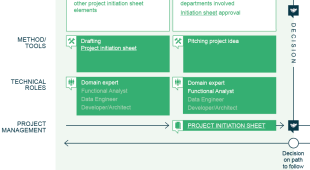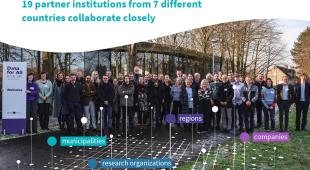Trainings
Why data sovereignty is vital for communes?
Data sovereignty empowers communes to control their data, fostering trust, transparency, and better decision-making. In an era where municipalities use data for transport, safety, and waste management, sovereignty ensures they can access and manage this resource independently.

Introduction to open data and its value
In this video, you will be introduced to the concept of open data - what it is, why it matters, and how it can be leveraged for various purposes. You will learn about the principles of open data, its significance in promoting transparency, innovation, and collaboration, and the ways it can be used across different fields, from research and business to governance and social impact.

Geographic open data
In this video, we explore the concept of open geographic data - what it is, why it is important, and how it can be effectively shared. We will discuss the key benefits of making geographic data openly accessible, including improved urban planning, environmental monitoring, and community engagement. Additionally, we highlight the essential factors that municipalities need to consider when opening their geographic data, such as data quality, privacy concerns, technical standards, and legal frameworks.

Use and dissemination of open data
In this video, we delve into the practical applications and distribution of open data. How can organizations, businesses, and individuals harness open data to create real value, both internally and externally? We explore concrete examples of how open data drives innovation, enhances decision-making, and fosters collaboration across sectors. Additionally, we discuss best practices for disseminating open data effectively, ensuring accessibility, usability, and impact. Looking ahead, we examine the future potential of open data, from AI-driven insights to smart cities and beyond.
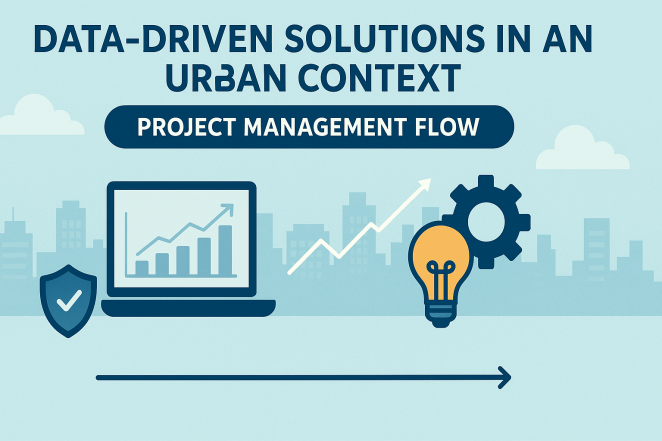
Data-driven solutions in an urban context: project management flow
In the first video training on the topic of the Data-driven solutions in an urban context we dive into project management flow. Check the detailed data project flow for phases and tasks.

Data-driven solutions in an urban context: intermunicipal cooperation
In the second video training on the topic of the Data-driven solutions in an urban context we dive into the intermunicipal cooperation.
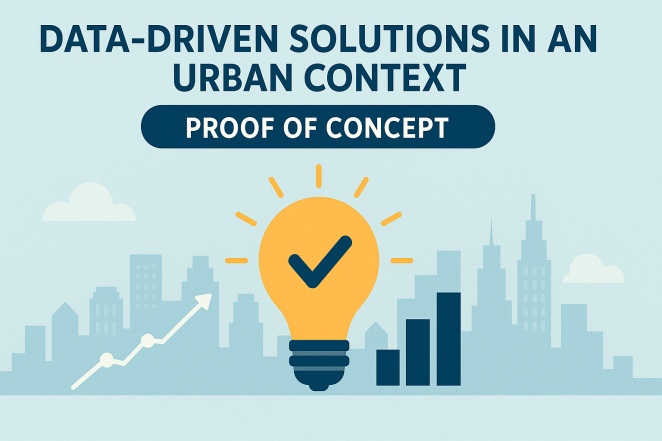
Data-driven solutions in an urban context: proof of concept
In the third video training on the topic of the Data-driven solutions in an urban context we dive into the proof of concept.
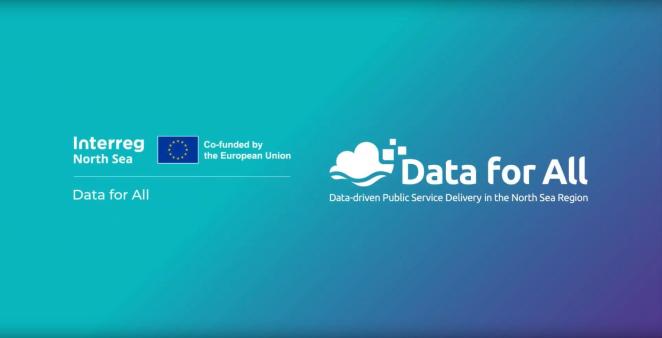
Data interoperability
At the University of Oldenburg, Germany, students actively participate in the Data for All project, tackling data interoperability challenges and learning new skills.
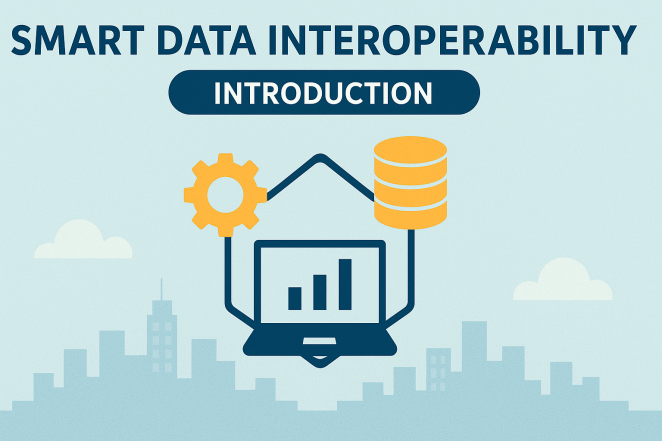
Smart Data Interoperability: introduction
In the first video training on the topic of the Smart Data Interoperability we provide a general introduction to the subject. This video introduces the concept of data interoperability within the Data4All project and explains how integrating mobility data - from buses and ferries to shared bikes and scooters - can improve the travel experience. It also presents the project’s case study and outlines what viewers will learn in the full video series.
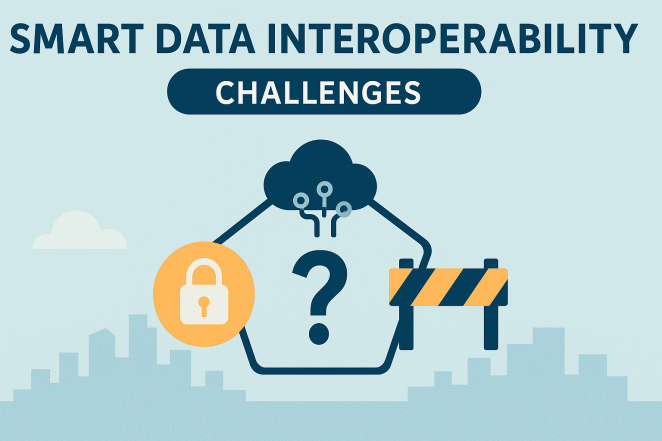
Smart Data Interoperability: challenges, dimensions and issues
In the second video training on the topic of the Smart Data Interoperability we dive into challenges. This video explores the key regulatory, ethical, organizational, and technical challenges that shape data interoperability, illustrating how differences in data formats, ownership, quality, and governance create complex barriers. It also highlights real-world issues identified in the Data4All project and explains why organizing these issues along data phases is essential for developing effective solutions.
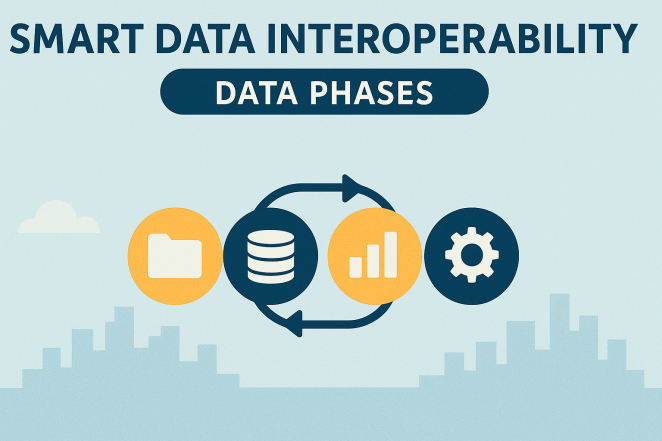
Smart Data Interoperability: data phases
In the third video training on the topic of the Smart Data Interoperability we dive into Data Phases. This video introduces the key phases of the data lifecycle—from generation and storage to utilization and post-processing—and explains how cross-cutting issues like privacy, security, and ethics affect every step. It also shows how understanding these phases helps define the technical, organizational, and regulatory requirements needed for effective and responsible data interoperability in smart cities.
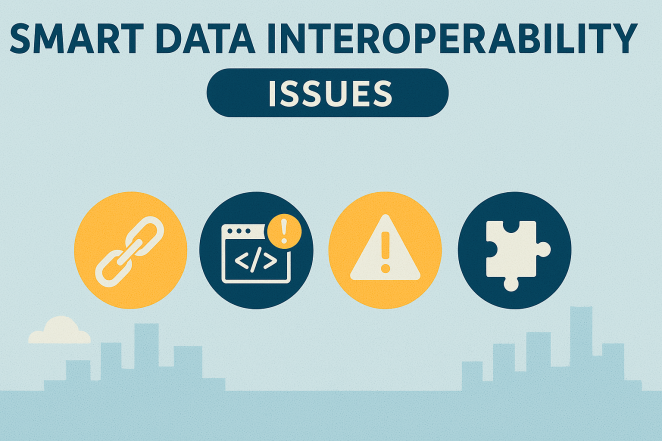
Smart Data Interoperability: issues across phases
In this video training on the topic of the Smart Data Interoperability we dive into issues that users are facing when dealing with data interoperability. This video explores key issues that arise at different phases of data interoperability, including timeliness, duplication, metadata inconsistencies, technical challenges, and collaboration barriers. It shows how understanding these issues is essential for designing solutions that enable reliable, secure, and user-centered data integration in smart-city mobility systems.
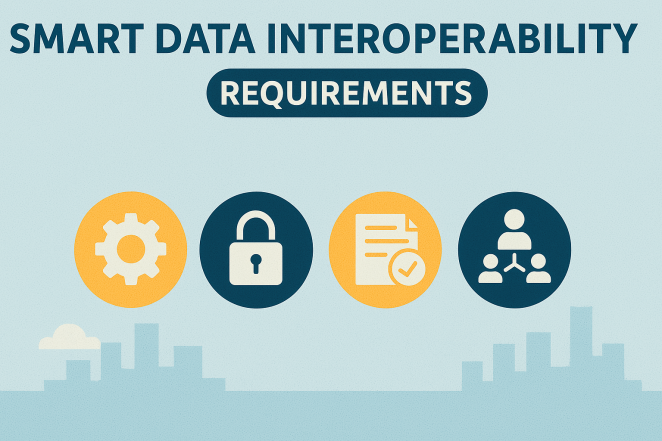
Smart Data Interoperability: requirements
In this video training on the topic of the Smart Data Interoperability we dive into requirements that users are facing when dealing with data interoperability. This video explains the key requirements for achieving effective and sustainable data interoperability in smart cities, including flexible and decentralized data access, scalability, organizational governance, timeliness, and semantic clarity. It highlights how these requirements go beyond technology, covering legal, ethical, and organizational aspects to ensure secure, reliable, and user-friendly integration of data across multiple domains.
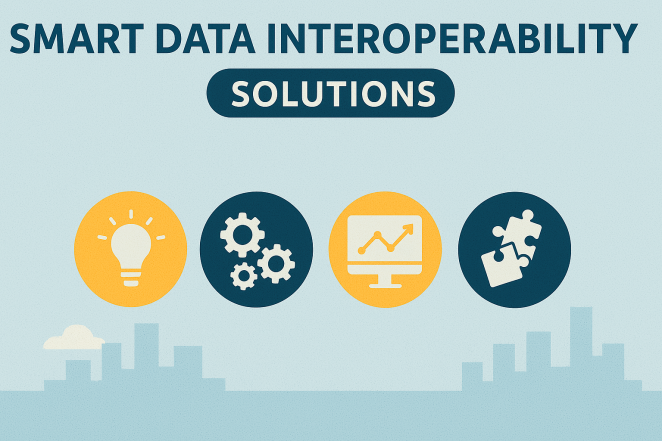
Smart Data Interoperability: solutions
In this video training on the topic of the Smart Data Interoperability we dive into solutions. This video presents key solutions to address data interoperability challenges, including standards, data contracts, licensing, and clear documentation of privacy, access, and formats. It explains how these approaches improve data exchange, consistency, and collaboration, while also highlighting their limitations and the aspects they cannot fully address, such as scalability, timeliness, and semantic alignment.
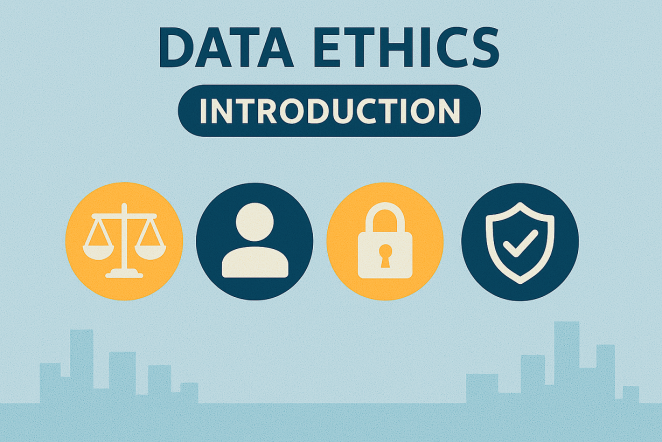
Data Ethics: Introduction
In this video training on Data Ethics we provide a short introduction to the topic.
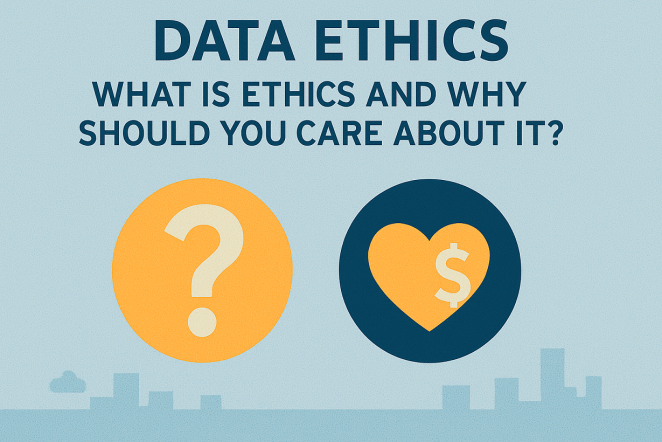
Data Ethics: What is ethics and why should you care about it?
In this video training on Data Ethics we explore what is ethics and why should you care about it.
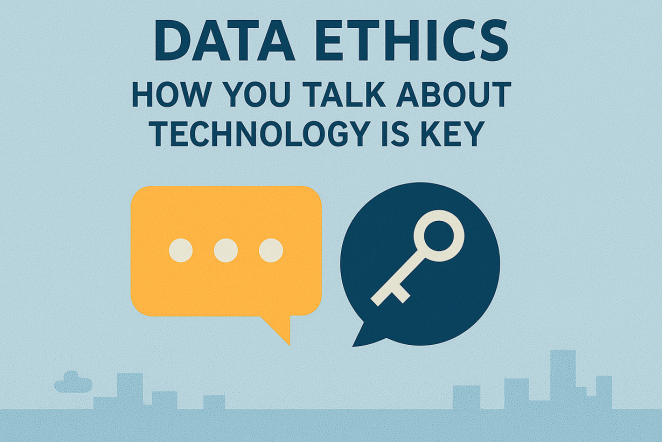
Data Ethics: How you talk about technology is key
In this video training on Data Ethics we explore how you talk about technology.
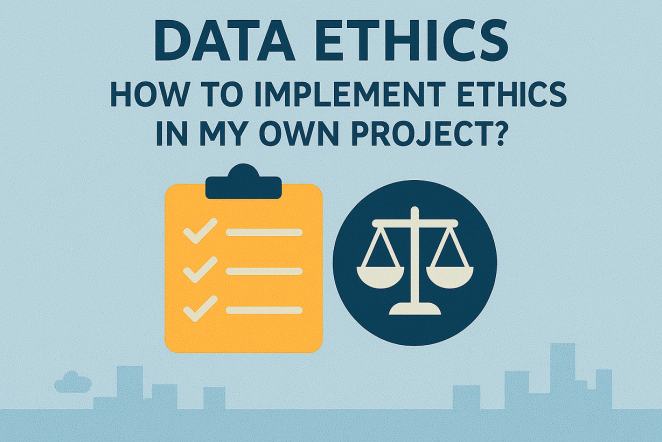
Data Ethics: How to implement ethics in my own project?
In this video training on Data Ethics we explore how to implement ethics in my own project.
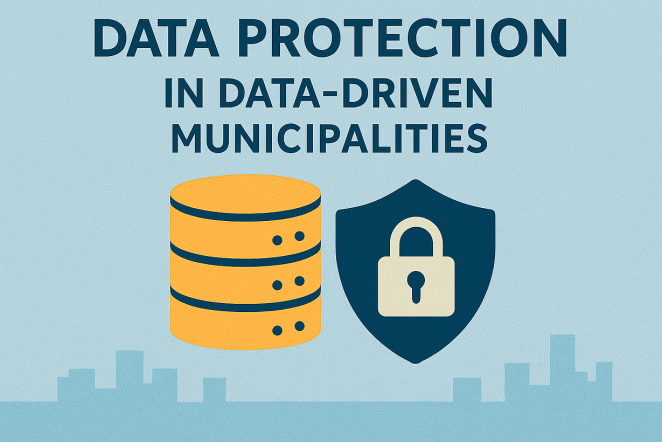
Data protection in data driven municipalities
In this video training we explore data protection in data driven municipalities.
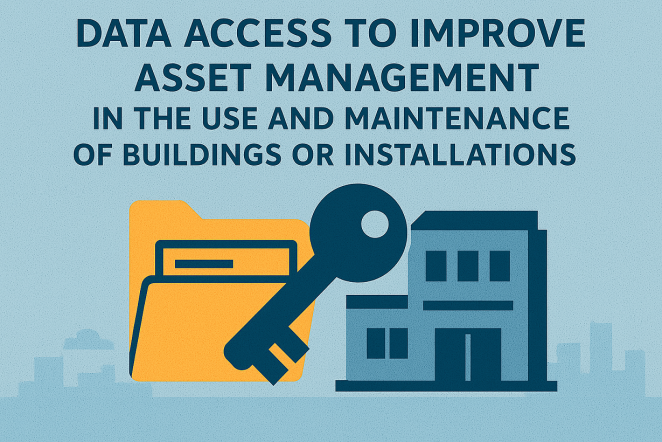
Data access to improve asset management in the use and maintenance of buildings or installations
In this video training we explore data access to improve asset management in the use and maintenance of buildings or installations.
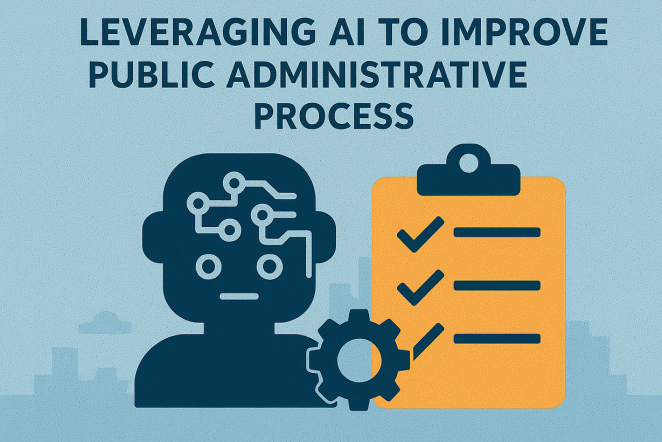
Leveraging AI to improve public administrative process
In this video training we explore leveraging AI to improve public administrative process.
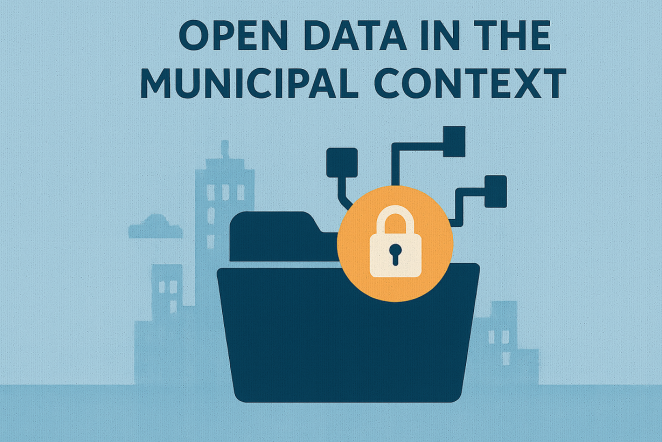
Open Data in the municipal context
In this video training we explore Open Data in the municipal context.
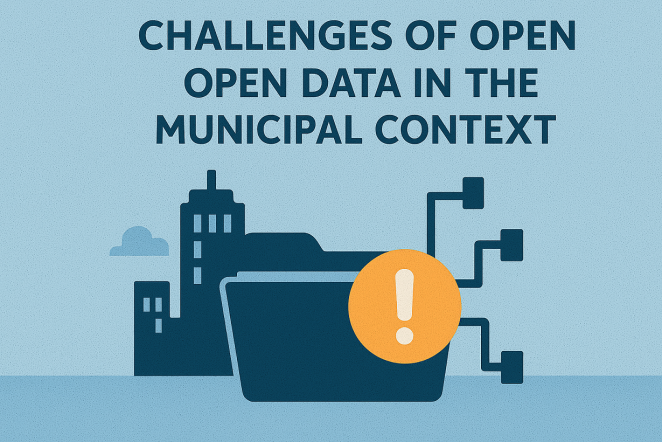
Challenges of Open Data in the municipal context
In this video training we explore challenges of Open Data in the municipal context.
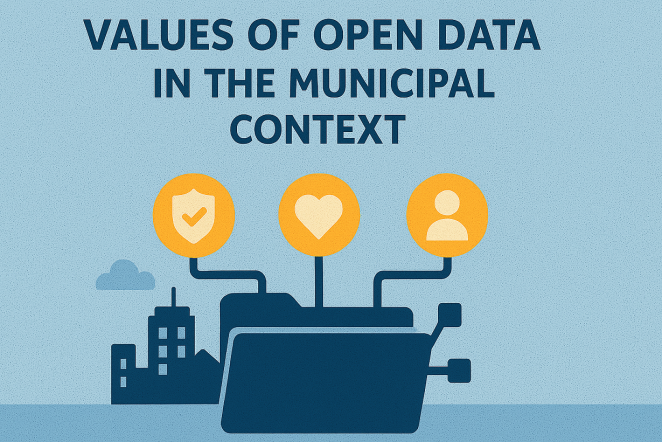
Values of Open Data in the municipal context
In this video training we explore values of Open Data in the municipal context.
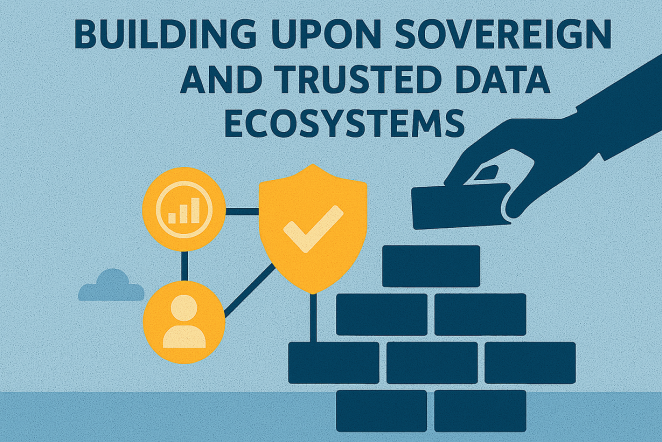
Building upon sovereign and trusted data ecosystems
In this video training we explore building upon sovereign and trusted data ecosystems.

CO₂ emissions monitoring solution pathway
Follow this interactive training guide designed to help you explore creation of a CO₂ emissions monitoring tool.
Publications
- Data Interoperability, Jalilian, Azadeh; Winter, Andreas; Schönberg, Christian. In: no. 08/2024, Oldenburg Lecture Notes on Software Engineering, Oldenburg, Carl von Ossietzky Universität Oldenburg, Software-Engineering, 2024.
- Smart Data Interoperability, Südema, Malte; Winter, Andreas; Schönberg, Christian. In: no. 07/2024, Oldenburg Lecture Notes on Software Engineering, Oldenburg, Carl von Ossietzky University, Oldenburg, Software-Engineering, 2024.
- Facilitating Data Sovereignty and Digital Transformation in Municipalities and Companies: An Examination of the Data for All Initiative. Jan Frick, University of Stavanger, Norway. Published in the International Journal of Business Administration, 08/2023.
- Smart Data Interoperability, Clausing, Tim; Bothmann, Kjell; Südema, Malte; Winter, Andreas; Schönberg, Christian. In: no. 06/2023, Oldenburg Lecture Notes on Software Engineering, Oldenburg, Carl von Ossietzky University, Oldenburg, Software-Engineering, 2023.
- Metadata-Driven Data Interoperability. IEEE conference publication: 2025 Information Technologies, Networks and Telecommunications International Conference.
- Smart Metadata-Driven Interoperability for Smarter Environmental Systems. BUIS-Days conference 2025.
- The effectiveness of CSRD to measure circular transitions. Dennis Vegtera, Taeke Tuinstraa, NHL Stenden University 2025.
Communication material
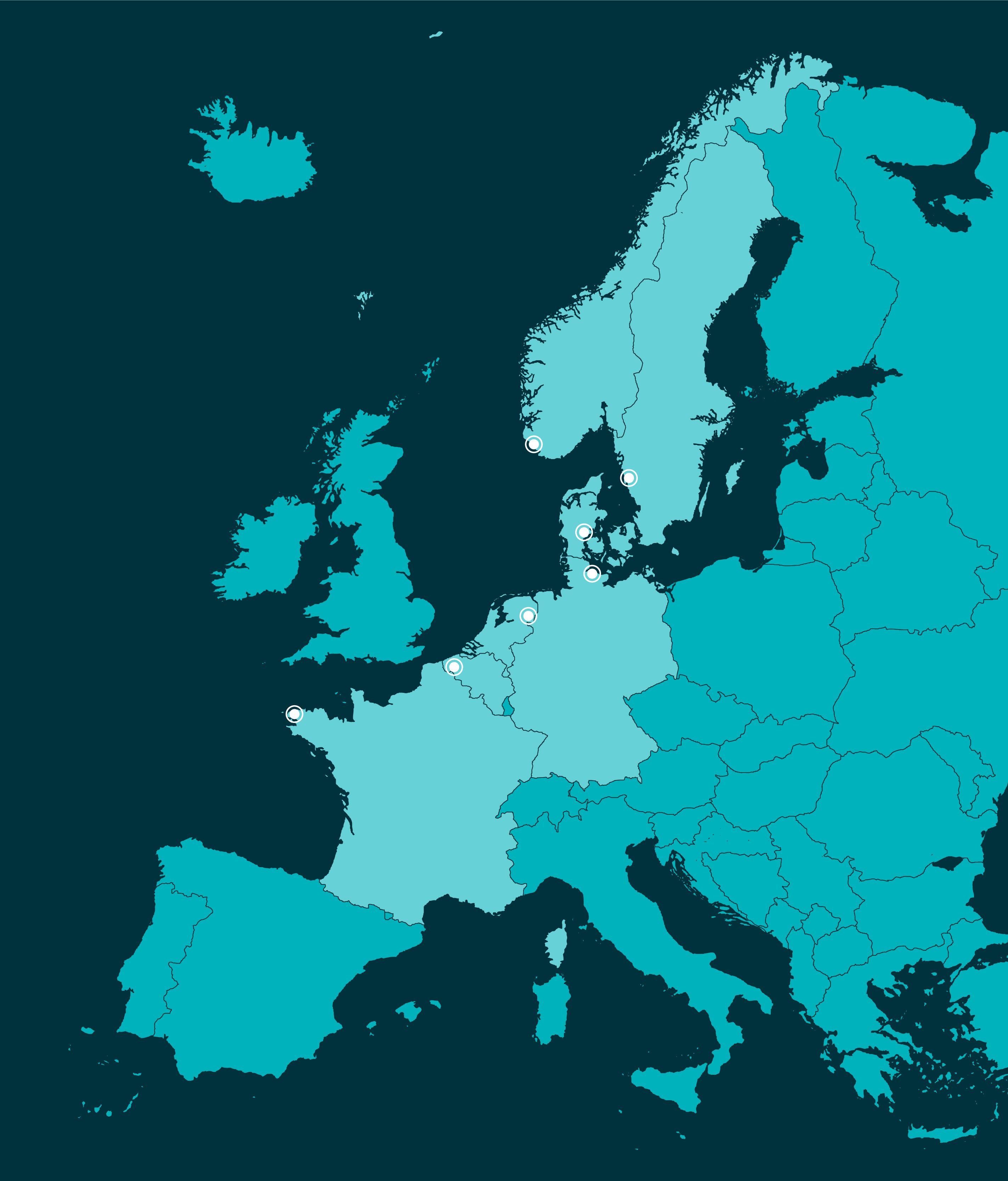
Map of the seven Data for All pilots









